No Pain, Know Health
Denal care for dogs and cats.
Warning Signs of Dental Disease
Dental disease is one of the most common medical conditions in pets — studies show that at least 80% of dogs and 70% of cats have some form of dental disease by the time they’re 3 years old. However, as with many medical conditions — pets tend to hide their discomfort until the pain becomes too much. When in doubt, an evaluation by your veterinarian can help determine if there’s a dental problem.
- Chewing on one side of the mouth
- Swollen or bleeding gums
- Reluctance to eat hard food
- A foul mouth odor
- Facial swelling
- Broken, chipped, or discolored teeth
- Chewing on one side of the mouth
- Swollen or bleeding gums
- Reluctance to eat hard food
- A foul mouth odor
- Facial swelling
- Broken, chipped, or discolored teeth
Preventative Dental Care
Dental disease in cats and dogs is extremely common but when left untreated, can lead to dangerous health conditions. While a dental health exam is included as part of your pet’s regular exam, the best pet dental care starts at home. Prevention is always the best medicine. With these tips below you can prevent a routine dental cleaning from becoming an oral surgery (where teeth need to be removed) for severe dental disease.
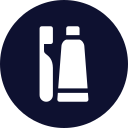
Toothpastes & Toothbrushes
Using an enzymatic toothpaste along with a pet friendly toothbrush or finger brush can help reduce bad breath and stop plaque buildup. We recommend that you brush your pet’s teeth daily if they allow. This is easiest when introduced at a young age. We carry a variety in clinic for your convenience.

Drinking Water Additives
Animals should always have access to free choice water. If there is concern with dental health, your veterinarian can guide you to our recommended dental water additives. These products are great for maintaining good oral health and will freshen your pet’s breath.

Dental Chews
Treating our pets to a special snack can be fun, but not all treats are the same. When dental health is a concern, choosing treats and chews created with enzymes that help loosen tartar and prevent plaque are a great option. These neat treats are great for after brushing or on days when brushing isn’t possible. You don’t have to tell you pet that it’s healthy!

Dental Support Pet Food
For some patients, it is recommended to feed specially formulated food designed to support your pet’s dental health by reducing plaque, stains, and tartar buildup. These foods are veterinary prescribed.
Preparing For A Dental Cleaning
Dental exams and cleanings become a regular part of your pet’s annual checkups as he or she grows older. Dental cleanings are usually done under anesthesia and can be dropped off the same day. You should plan to drop off and pick up your cat or dog in the morning and late afternoon. This approach allows us to thoroughly clean your pet’s teeth while also allowing for some wiggle room in case of major animal emergencies with other patients. We will monitor your pet as they awaken from anesthesia to ensure that they have recovered properly.
Before A Dental Cleaning
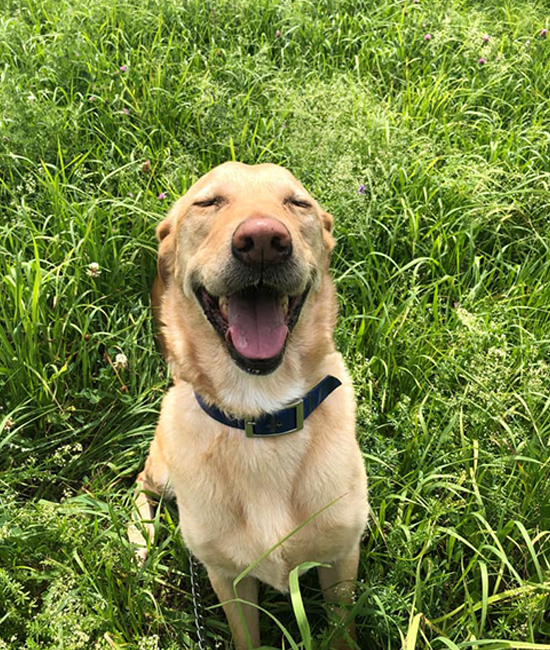
Our dental cleanings are typically same day discharge unless your pet requires a more serious dental procedure than a cleaning. It is critical that your pet has nothing to eat or drink after midnight the day before the procedure.
For your pets comfort, we recommend bringing something that smells like home to leave with your pet, such as a blanket or a shirt you slept in overnight. +
During Dental Cleaning
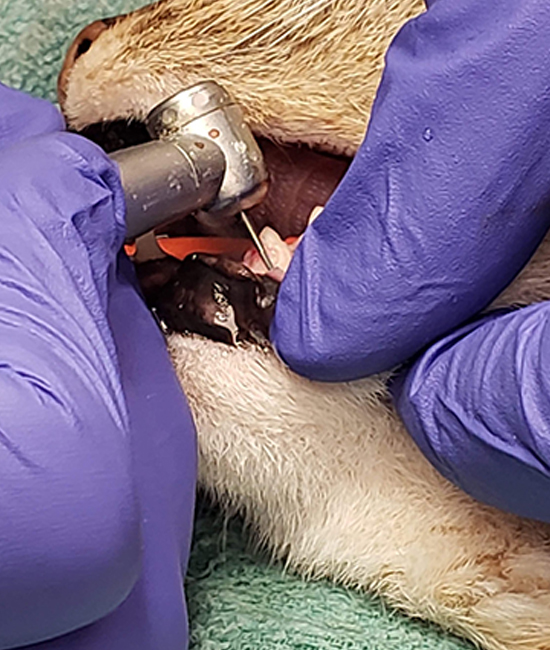
If a tooth requires surgical extraction, it is usually discovered during the initial dental exam. You have the option to approve additional measures at this time if they are required. This reduces the likelihood of needless anesthesia and additional procedures.
We will always try to contact the pet parent if your cat or dog has an issue during the dental cleaning. If we find that your pet requires a tooth extraction during their dental cleaning, we will call you for approval to remove the tooth. +
Dental Discharge
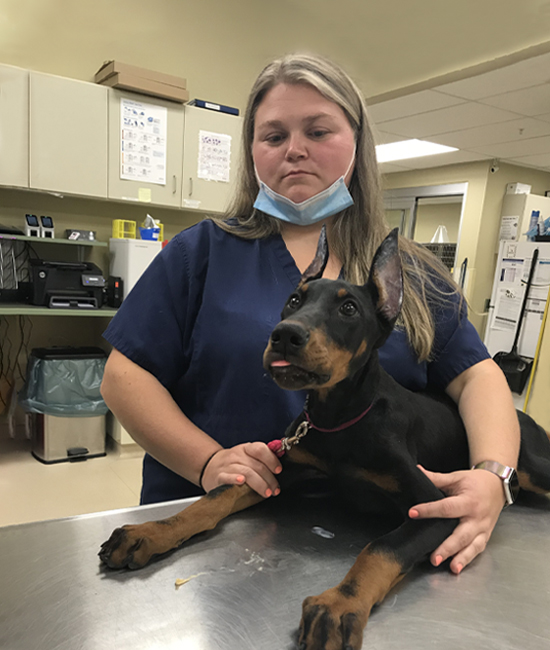
Make sure to follow your take home care instructions & call us at 315-570-6760 if you have any concerns. +
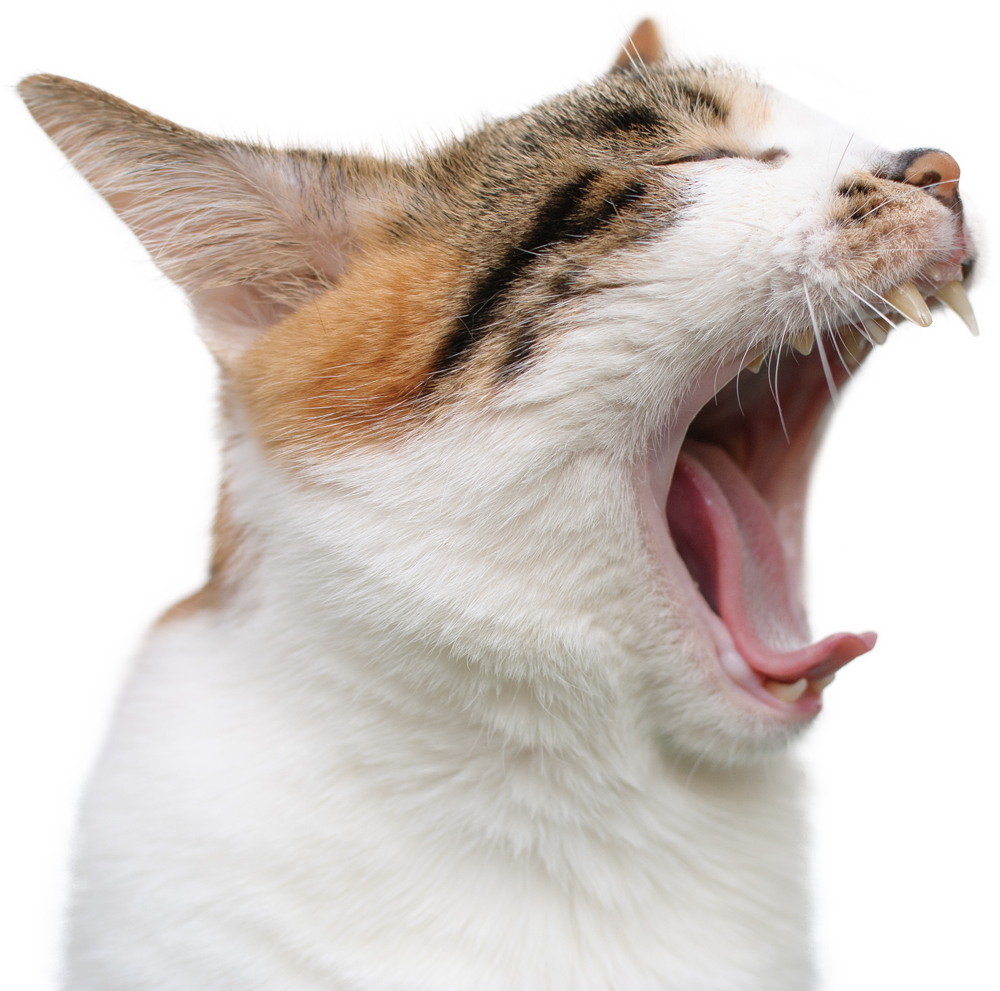
Scheduling Dental Care
To start, a veterinarian will evaluate your pet’s mouth, as well as their overall health. Then, if recommended, we’ll schedule their procedure for you.
To get started, call us at 315-570-6760. Let us help keep your companion in good health — and, to keep cuddles, stinky breath free!
Scheduling Dental Care
To start, a veterinarian will evaluate your pet’s mouth, as well as their overall health. Then, if recommended, we’ll schedule their procedure for you.
To get started, call us at 315-570-6760. Let us help keep your companion in good health — and, to keep cuddles, stinky breath free!



